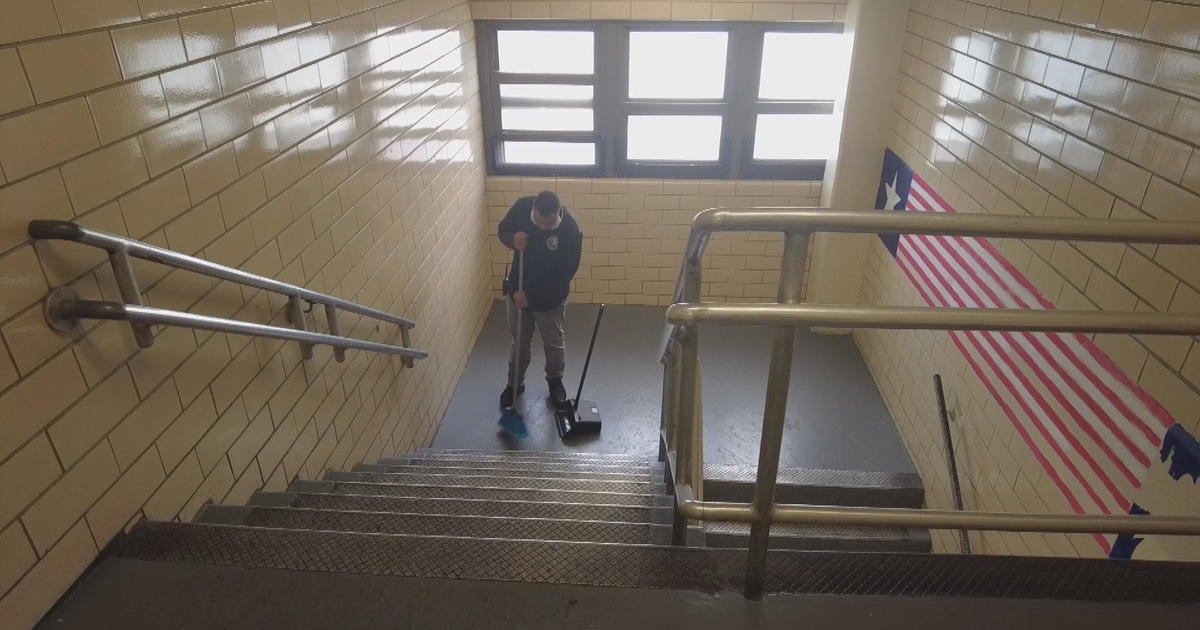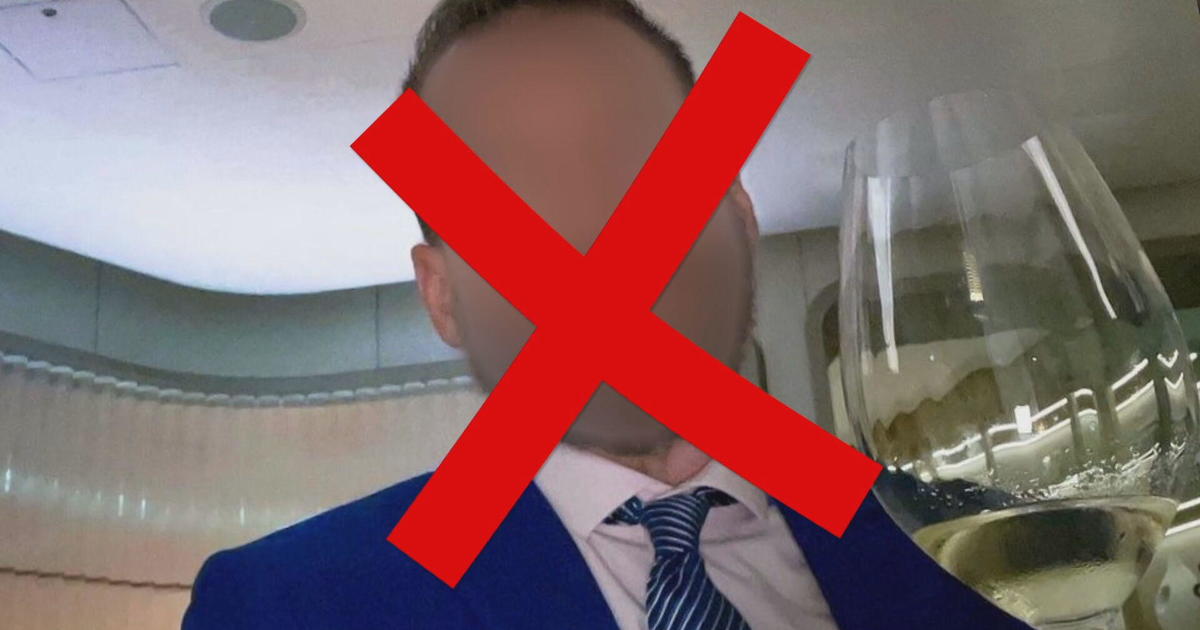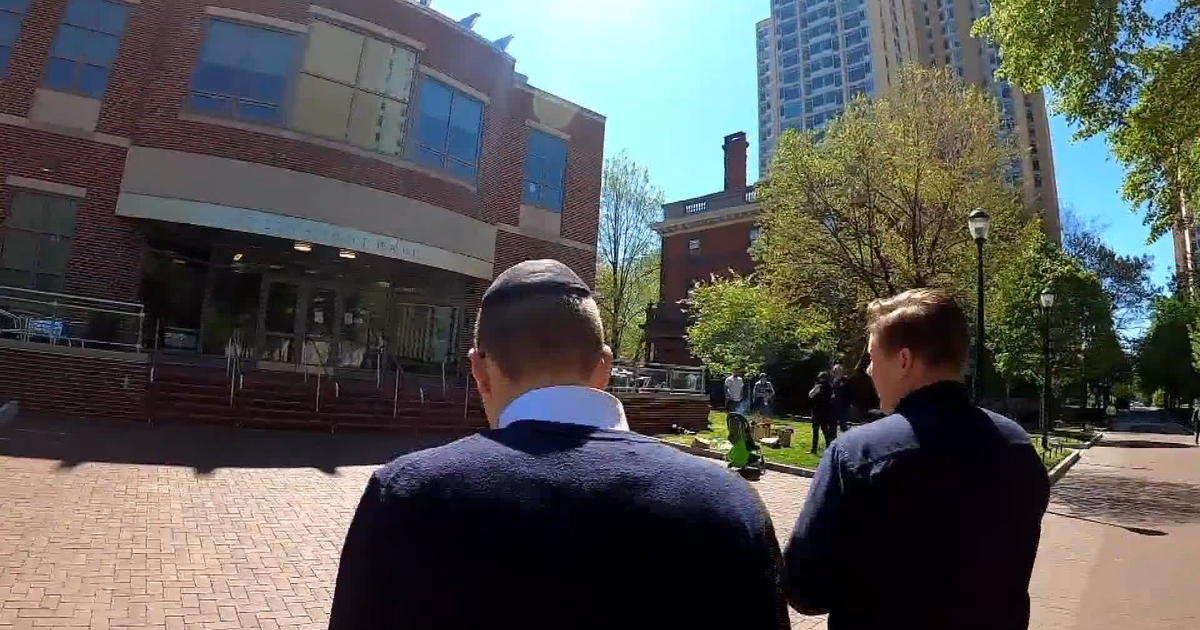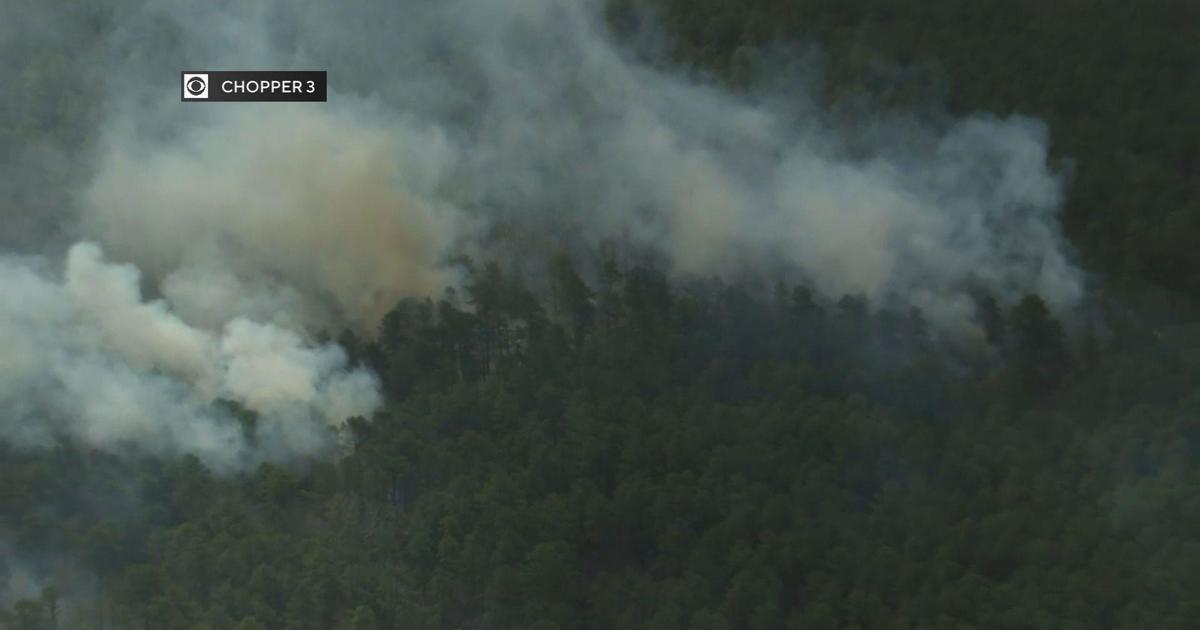A Good Samaritan Will Help In 90% Of Public Conflicts, Researchers Find
PHILADELPHIA (CBS) -- Nowadays, it seems that people pay more attention to what's on their phone than what's going on around them. But it turns out, if you're in public and need help, a good Samaritan is likely nearby.
We've been hearing of a concept called "bystander apathy" since the 1960s. It was used to describe a case where a woman was killed in New York City in front of a crowd who did nothing to help her.
Researchers are now reexamining the concept of safety in numbers.
In January, Eyewitness News brought you the story of Ben Runyan, who pulled a stranger to safety after she fell on the Broad Street Line SEPTA tracks.
Then in March, we spoke exclusively to John Sabalauskas, a passerby who chased away a robber that police say was attacking a young woman on Market Street.
WATCH: Rogue Fan Uses Tarp As Slip `N Slide During Phillies-Dodgers Rain Delay At Citizens Bank Park
This means, in the event of a frightening situation, someone would help, right?
"I would say unlikely [a stranger would help]. I think people tend to be in their own zone," one man said.
That's the thought behind the concept known as bystander effect. For decades, researchers believed that city environments fostered crowds that were generally uninterested in helping others in crisis.
"I was with a friend one day and she was getting robbed and I ran to the middle to the street and yelled 'help.' The cars continued to go on and nothing was ever done," one woman said.
But all is not lost. New research published in the journal American Psychologist found that in 90% of crisis situations, at least one bystander intervened.
They found this out by studying more than 1,000 surveillance videos that caught acts of public aggression.
Watch: SUV Plunges Into New Jersey River After Driver Hits Gas Instead Of Brake
According to researchers, safety in numbers is more valid than previously thought. But those Eyewitness News spoke with are concerned that of all the helpers, even more people would pick up their camera phones before calling 911.
"Nowadays you see stuff, people getting attacked and people are just picking up their phones and recording it," one woman said.
According to psychologist Dr. Daniel Stalder, there is a thing called "diffusion of responsibly" when members of a crowd expect others to take action, so no one does.
But he suggests if you are in need of dire help, it's good to point at one bystander and ask for their help.



